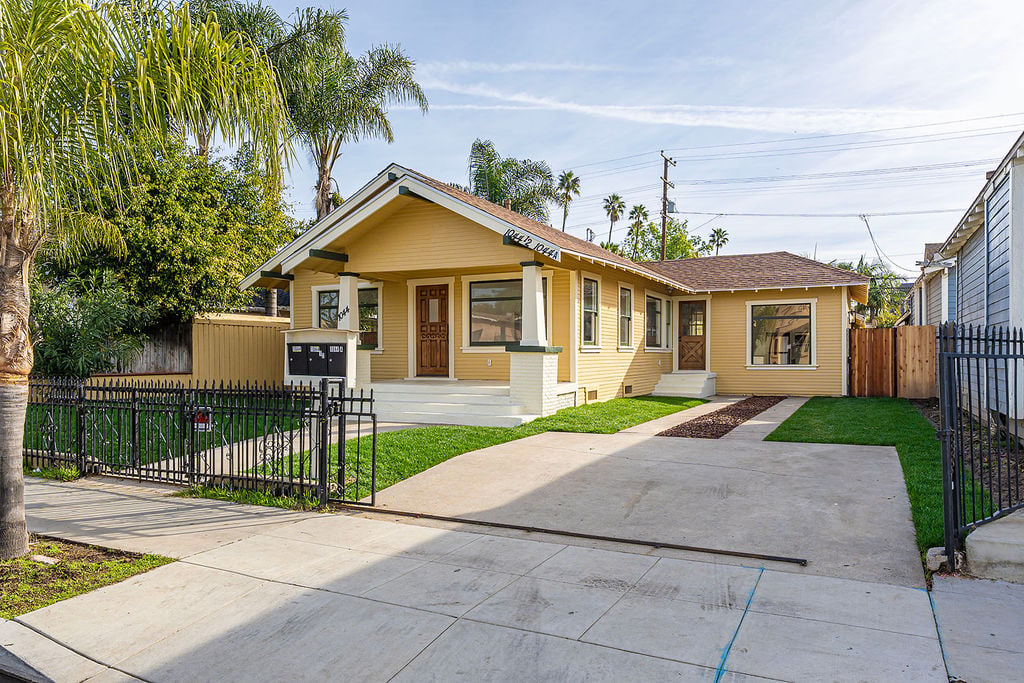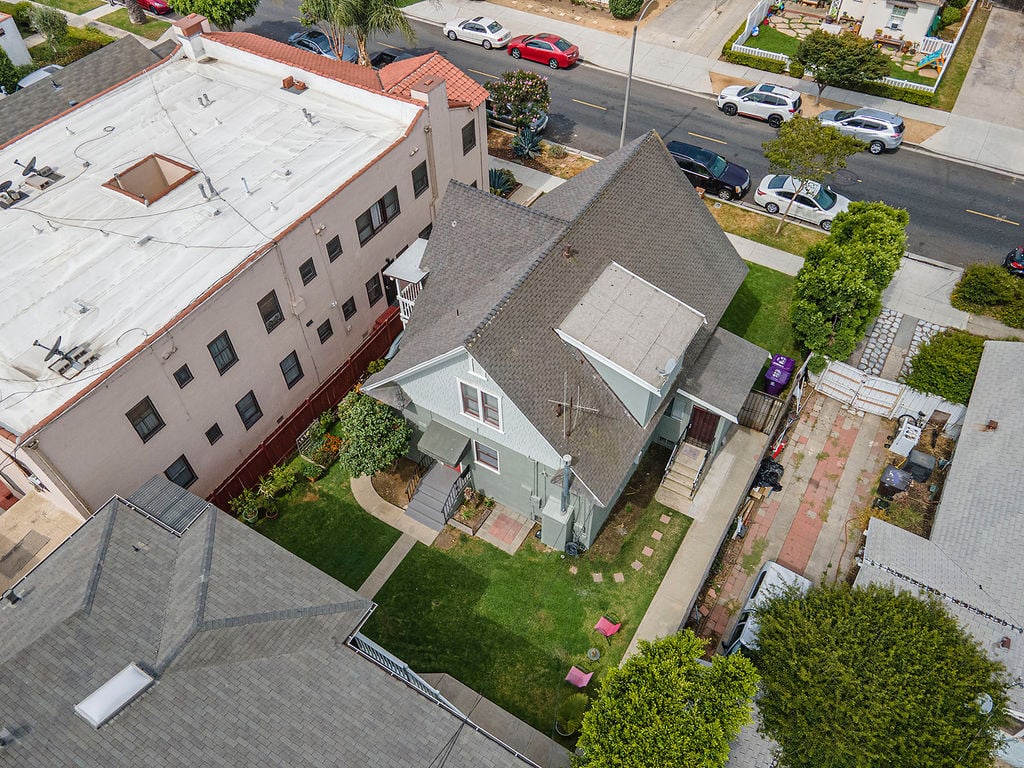If your Long Beach home has been on the market for a while without the offers you were hoping for, you might be wondering: What’s next? For some homeowners, the thought is: Maybe I’ll just rent it out instead.
This situation is common enough that there’s even a term for it: becoming an “accidental landlord.” In other words, you wanted to sell your home but didn’t get the price you wanted, so you’re considering renting it until the market shifts.
Before you take that step, here are some things to consider—especially in the Long Beach market.

Why More Homeowners Are Considering Renting Right Now
Across the country, higher mortgage rates have slowed down buyer activity. We’re seeing that locally too. While Long Beach homes are still selling, buyers are pickier and affordability is tighter. That means some homes – especially condos – can sit on the market longer than expected.
If you’re tempted to rent instead of adjusting your price or marketing strategy, it’s important to remember: being a landlord comes with responsibilities that go beyond collecting rent.
1. Does Your Long Beach Home Work as a Rental?
Not every property makes sense as a rental. For example:
- Neighborhood demand: Homes in areas like Belmont Shore or near Cal State Long Beach may attract renters quickly, but others may not.
- Condition: Does your home need updates before it’s “renter-ready”? Repairs can be costly.
- Distance: If you’re moving out of the area, managing a rental long-distance can be challenging.
If the numbers don’t add up, selling could still be your better option.
2. Are You Ready To Be a Landlord?
On paper, renting can look like easy, passive income. But the reality often looks more like this:
- Calls about plumbing issues at midnight
- Repairs for broken appliances or HVAC systems
- Tracking down late rent payments
- Fixing damage between tenants
Unless you hire a property manager (which comes at a cost), you’ll be handling all of this yourself.
3. Have You Thought About the True Costs?
Here are just some of the hidden expenses that come with renting out your Long Beach home:
- Insurance: Landlord insurance is usually 20–25% higher than a standard homeowner’s policy.
- Property management fees: Most local companies charge around 8–10% of the rent.
- Maintenance and vacancy costs: Repairs, advertising, and months between tenants when you’re covering the mortgage yourself.
All of this adds up quickly.

What To Do Instead
If you’re only considering renting because your listing didn’t gain traction, the better first step is to sit down with your agent and revisit your strategy. In Long Beach’s market, pricing and presentation make a big difference. Adjusting the price, improving the marketing, or staging the home differently can attract the right buyers.
Bottom Line
Renting your home in Long Beach can work for some, but it’s not a one-size-fits-all solution. Before becoming a landlord by default, take a clear look at the costs, responsibilities, and long-term implications.
If your home hasn’t sold, let’s talk about your goals, review what’s happening in your neighborhood, and create a plan to help you move forward with confidence. Fill out the contact form below or give us a call at 562.896.2456.


